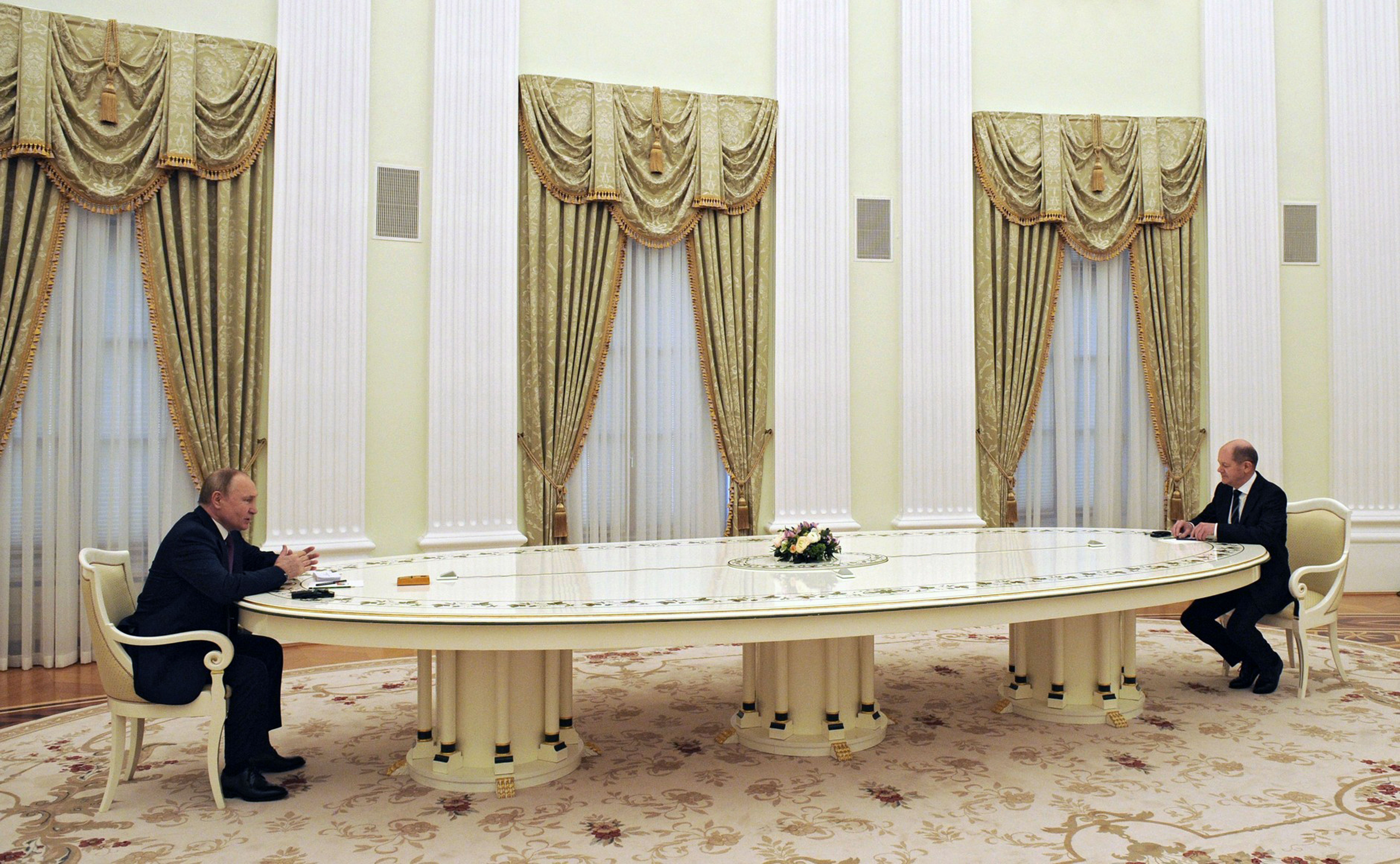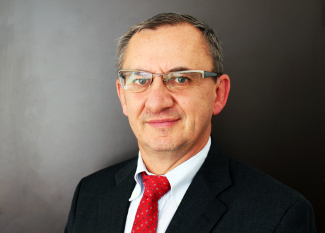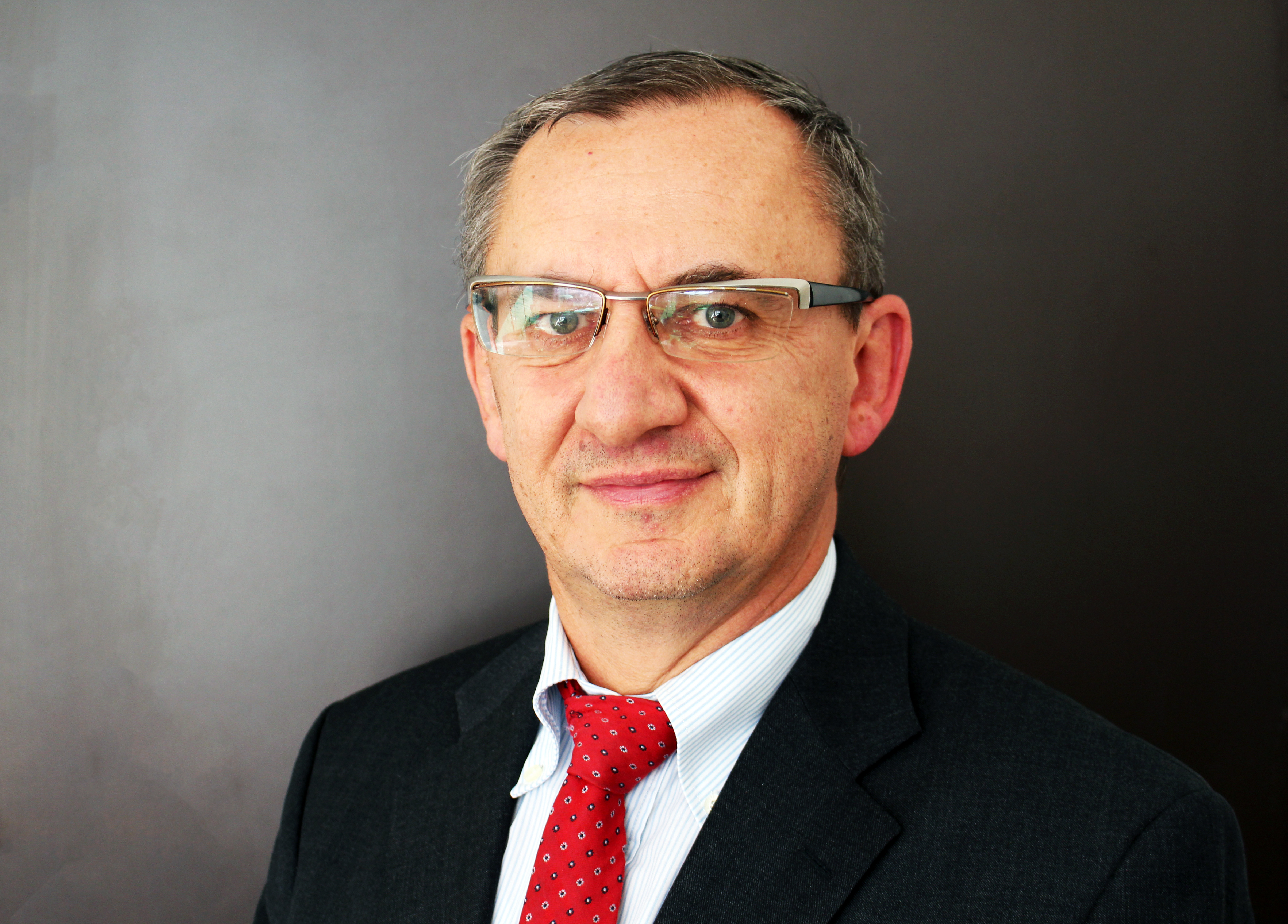The Shock of Reality: The Traffic Light Coalition in the Russian-Ukrainian Crisis
The Russian-Ukrainian crisis puts to the test the cohesion of the new traffic light coalition, the authority of Chancellor Scholz and the ambition to adapt the post-Merkel German foreign policy.

The first decisions taken by the German government, by refusing to export arms to Ukraine or the ambiguities displayed on the Nord Stream 2 gas pipeline, were judged severely abroad, particularly in Central Europe and the United States.
Beyond the communication failures and the personal dimension behind these decisions, the German position regarding Russia is based on much deeper and longstanding considerations. Economic interests, a strong focus on keeping a political balance in Europe, and the complex history of German-Russian relations over time. More than a conflict between Russia and Ukraine, this crisis illustrates the erosion of a regulation by the rule in favor of a regulation by force in international relations. This confronts Germany to fundamental decisions, which have been deferred so far: the question of enhancing and adapting its military capabilities, first to strengthen the options available to the German government, but also its diplomatic posture. The need to address the geo-economic implications of its global trade and investment relationships particularly vis-à-vis Russia and China. This is a delicate moment for a country which is engaging its economy into an unprecedented energy transition, while depending on Russian gas as bridging solution, whereas its large companies have relied on the Chinese markets to ensure their development. Ultimately, the question is how Germany will be able to reconcile its specificities, its inhibitions, and its economic and technological ambition, to remain a responsible leader, guided primarily by a culture of restraint and its European instincts, and which partners it will rely upon.
Éric André Martin is Secretary General of the Study Committee on Franco-German Relations (Cerfa).
This publication is available in French: Le choc de la réalité : La coalition feu tricolore dans la crise russo-ukrainienne (PDF).










